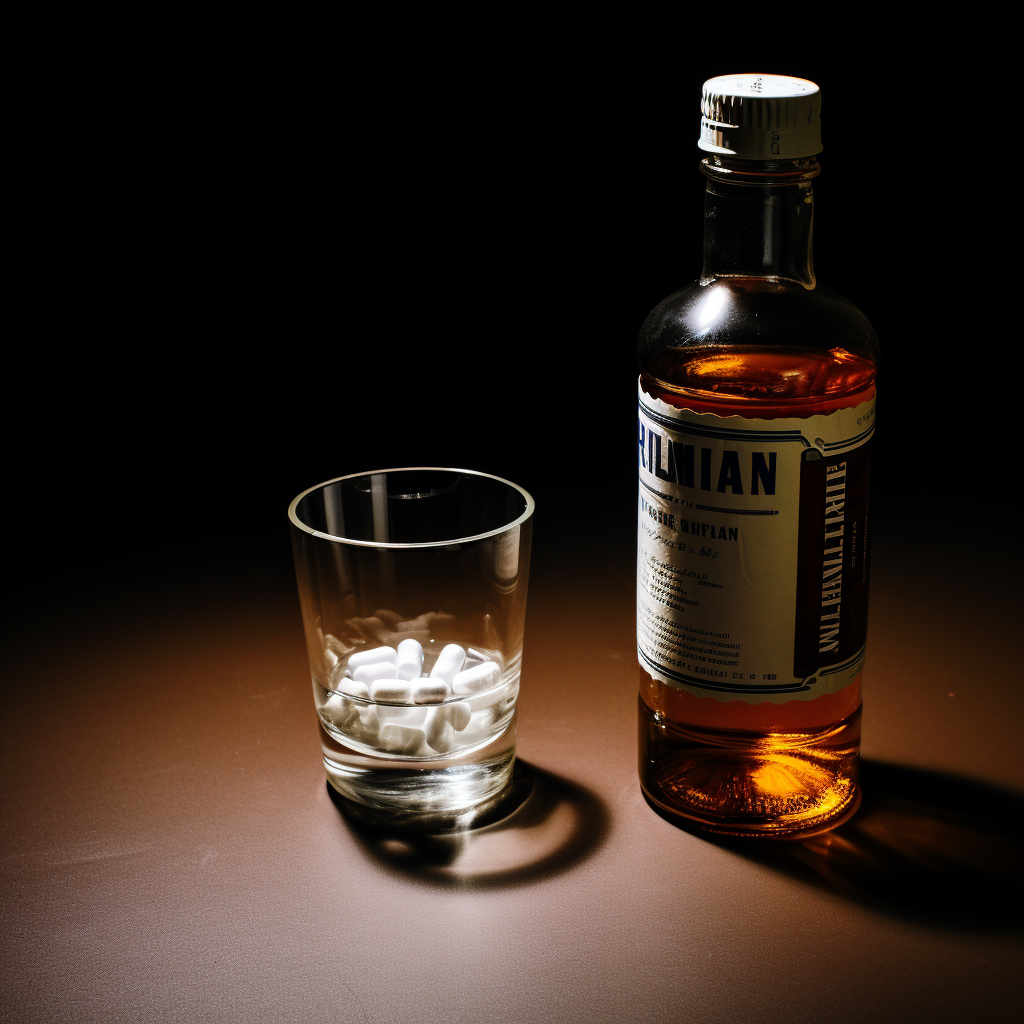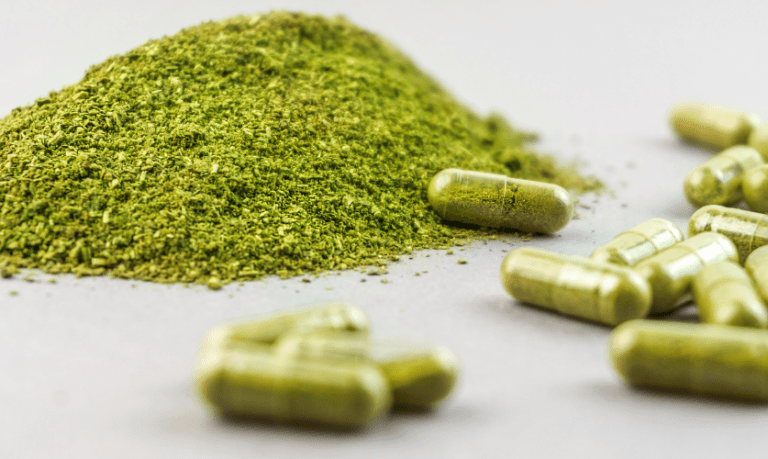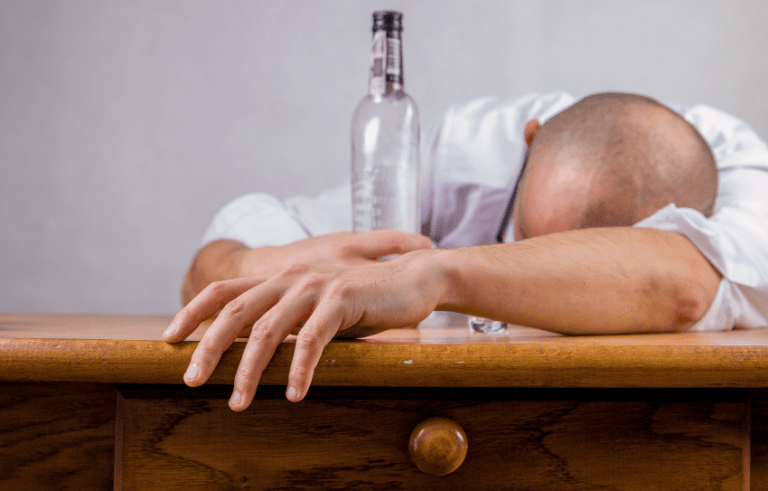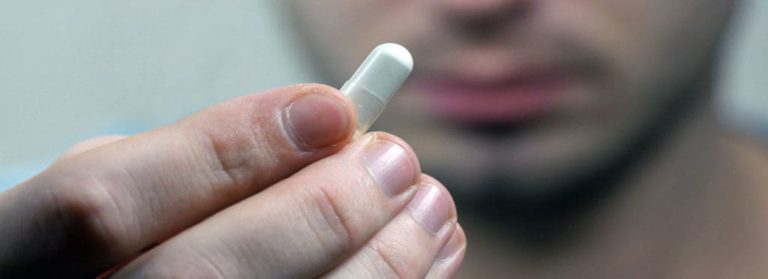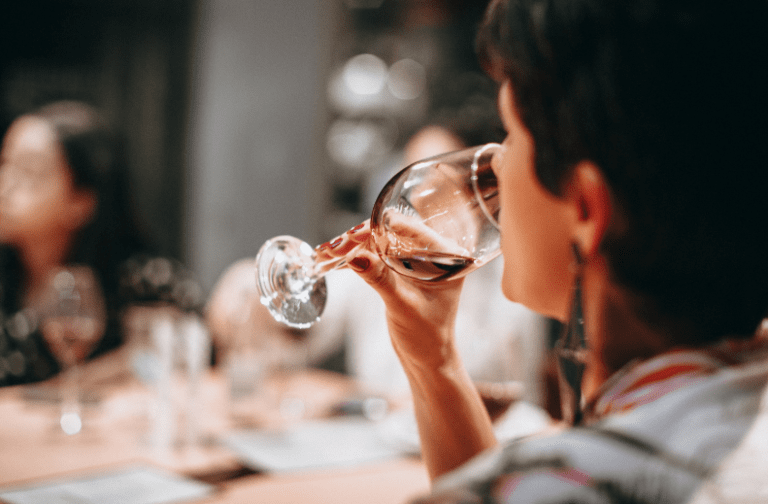Alcohol And Ritalin: How To Help Someone Mixing Drugs
Today, we’re talking about two things many of us know well: Ritalin, a medication often prescribed for its stimulating effects, and alcohol, a globally consumed beverage.
Each has its own impact on our body and mind. But the real twist comes in when Ritalin and alcohol are mixed. This combination can create a complex and possibly risky situation. Before taking a look at how they interact, let’s first get a clear picture of Ritalin and alcohol as individual substances.
This article explains the risks and effects of mixing alcohol and Ritalin, how abusing more than one substance can lead to polysubstance dependence, and more!
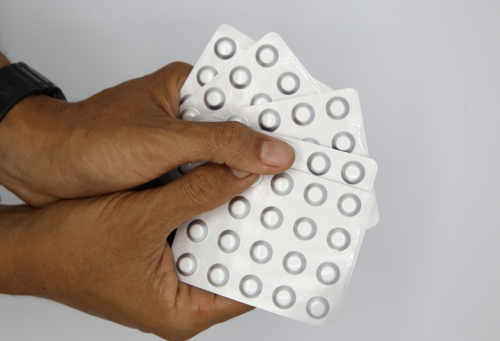
What is Ritalin?
Ritalin, or methylphenidate by its generic name, is a stimulant that acts on the central nervous system (CNS). It’s commonly prescribed for people with Attention Deficit Hyperactivity Disorder (ADHD) to help enhance their focus and reduce impulsive and hyperactive behavior. Ritalin is also prescribed to help with narcolepsy.
Ritalin works by adjusting the levels of certain brain neurotransmitters, particularly dopamine and norepinephrine. These neurotransmitters are vital for regulating attention and behavior. By increasing these neurotransmitter levels, Ritalin assists in sharpening focus and cognitive abilities in people diagnosed with ADHD.
However, Ritalin is a Schedule II controlled substance, similar to methamphetamine and cocaine. It’s important to use Ritalin under careful medical guidance. When Ritalin is taken in higher doses or more frequently than prescribed, it has the potential for misuse and comes with various side effects. This is also true for people taking the drug without having a prescription. In these“self-medication” cases, the drug can lead to addiction and affect the brain in unexpected ways.
Note: Ritalin is not the same as Adderall. Adderall, while also a prescription stimulant, is made with amphetamine salts and dextroamphetamine. However, their similar effects can entice Ritalin abusers to switch to Adderall if they develop a tolerance to methylphenidate.
Looking For Alcohol or Ritalin Addiction Treatment?
Even if you’re not ready for treatment, talking to a professional and learning about your options is the right step toward meaningful progress.

The Effects of Alcohol Abuse
Alcohol is a depressant that influences the central nervous system. It is part of many cultural traditions due to its mind-altering properties and social acceptance. People often turn to alcohol for its ability to induce relaxation and a sense of happiness, though it can also impair coordination and judgment.
The way alcohol impacts a person’s body and mind is significant. It can shift moods, lower inhibitions, and reduce the speed of reflexes and reactions. The effects of alcohol vary widely and are influenced by factors like the amount of alcohol consumed, the drinker’s body mass, and their tolerance level.
Despite its common presence in social settings, alcohol has addictive properties. This is often overlooked or glossed over since alcohol has become so “normal” and accepted in most modern societies. However, misusing it can lead to serious health issues. This includes damage to the liver, heart attacks, high blood pressure, alcohol addiction, and complications with mental health (to name a few).
Read about the difference between abusing and misusing substances here!
The Risks of Mixing Alcohol and Ritalin
Combining Ritalin (a stimulant) with alcohol (a depressant) can lead to complex and dangerous health conditions. When these two substances are mixed, users can experience:
- Contradictory Effects: Alcohol’s sedative nature and Ritalin’s stimulating effect can create a misleading sense of alertness. This may lead to risky decisions like driving while under the influence. Note: Alcohol does not cancel out the effects of Ritalin and vice versa.
- Elevated Heart Rate and Blood Pressure: The interaction between alcohol and Ritalin can unnaturally raise heart rate and blood pressure. This can lead to serious issues. This is particularly problematic for individuals with heart-related health issues and can be life-threatening.
- Mental Health Concerns: The use of both substances simultaneously may amplify negative mental health outcomes. That includes increased anxiety, mood disturbances, or depressive states.
- Polysubstance Dependence: Regular consumption of alcohol and Ritalin together can escalate the likelihood of developing a dependence on either or both substances.
Read about when casual drinking turns into alcohol abuse

Our Approach To Treating Polysubstance Abuse
At Oasis Recovery Center, we incorporate a nurturing approach to address substance abuse issues – that includes issues that arise from alcohol and Ritalin misuse. Our philosophy is rooted in treating the individual as a whole – mind, body, and spirit.
What does our approach include?
- We craft personalized treatment plans for every client.
- Our therapy options range from individual sessions encouraging self-exploration to group therapies fostering a sense of community and shared healing.
- We find the deeper causes of addiction by integrating techniques like trauma-informed care, interpersonal psychotherapy, and mindfulness.
- We understand that recovery is ongoing, so we offer aftercare programs for sustained sobriety.
- Our day treatment program provides comprehensive support (this is ideal for anyone transitioning from intensive care or needing a structured daily treatment schedule).
- We want to guide each person on their unique path to recovery. We do this by equipping them with the necessary support, tools, and care for a lasting return to sobriety.
Prevention and Safe Practices
When you’re dealing with medications like Ritalin and beverages like alcohol, you need to prioritize the prevention of issues and safe usage. This is essential for your health and well-being. How do you do it? Here’s some practical advice:
- Learn about the risks: Educate yourself about the individual effects of both Ritalin and alcohol, as well as the potential risks when they’re combined. You’re already doing this by reading this article. Great job!
- Talk to your healthcare professional: If you are on prescription Ritalin and have any doubts about mixing your medication with alcohol, it’s best to consult with your doctor or a healthcare professional. Being open and honest with them is key to safe medication management.
- Follow prescription guidelines: Stick to the prescribed Ritalin dosage and instructions. Avoid changing your dose or self-medicating without consulting a healthcare expert.
- Don’t mix drugs: Don’t take Ritalin and drink alcohol together within 24 hours. In social scenarios where alcohol is present, remain aware of how it might interact with your medication.
- Plan and build a support network: Create a circle of support – that could be friends, family, a support group, or a healthcare provider – to turn to if you feel unsure or pressured about using substances.
Alcohol & Prescription Medication Addiction Treatment In Asheville, NC
Mixing Ritalin and alcohol can be risky. It affects both your body and mind – often in unpleasant, unexpected, and possibly very dangerous ways. If you or someone you know is dealing with issues from using things like Ritalin and alcohol, there are ways to get help.
Getting professional support can make a big difference in overcoming substance misuse. Oasis Recovery Center offers caring and detailed support tailored to each person’s needs.
If you need help or want to know more, call, email, or fill out a form, and one of our friendly admissions agents can help you get started or point you in the right direction. Getting help is a brave and important step towards a better life!



